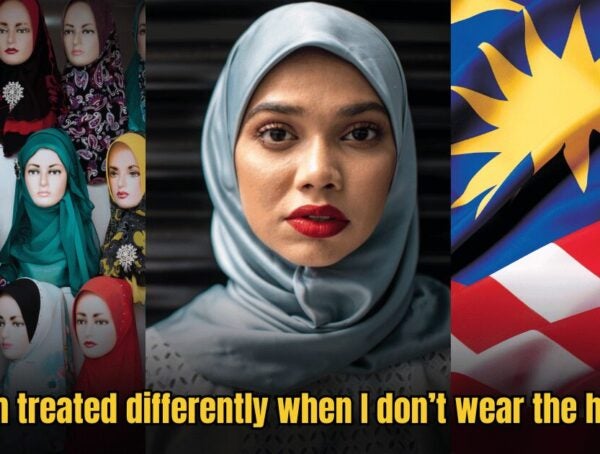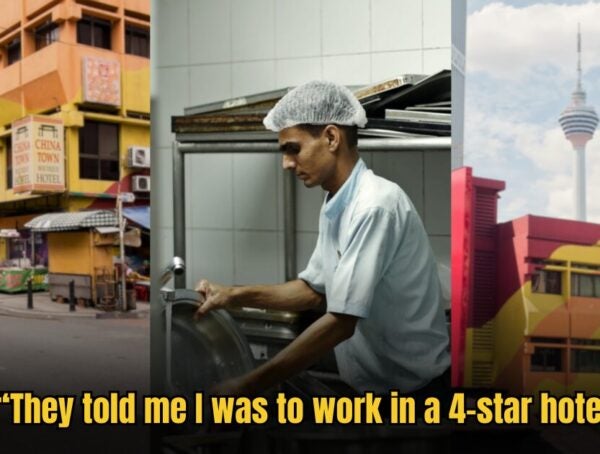This article is an organic submission. We do not edit the article aside from formatting and grammar. The opinions of the author are solely theirs and not affiliated with IRL.
Growing up looking “like an Indian” and practicing Islam “like a Malay” was always a problem to society. Society has taught us that one should look a certain way and have a particular complexion in order to fit into a race, ethnicity or even a religion.
I was bullied (verbally) in school simply because I looked different. I bottled everything up, because I assumed my friends would not understand the pain I went through.
I am Muslim and I hold onto my Indian roots
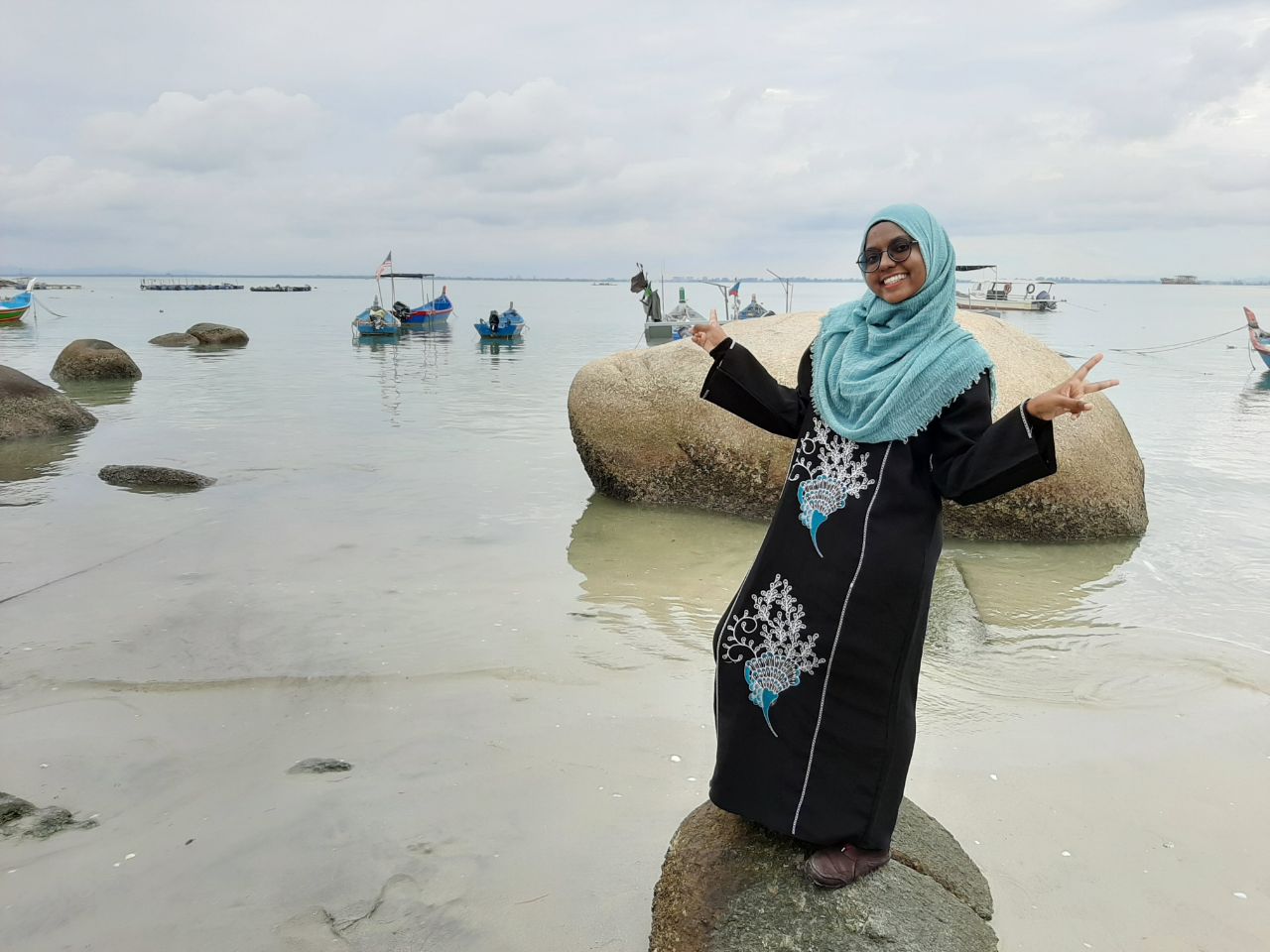
I am different from my friends in terms of look, ethnicity and culture. I do not belong to the Indian community nor the Malay community.
In my SPM exams in 2017, when an English essay question was asked, “if you were given a chance to live in another part of Malaysia, where would it be?”, my answer was Penang.
The main reason is that when I am in Penang, I will feel like I am in my mother’s womb.
Since a large number of the Mamak population is mainly located in Penang, Penangites are used to the Mamak’s culture. Therefore, I would not get any kind of ‘second stare’ whenever I wander around Penang.
It is very normal to get the first stare in public places but when a ‘second stare’ is given, it creates an unwanted, weird or different feeling to the person who is being stared at.
Being different can make a person feel isolated, eventually it will suppress one’s identity in order to avoid being isolated. This is why most of the Mamak choose not to open up to their friends.
And the saddening part is, some do not even admit the fact that they are Mamak in order to ‘fit in’ — even though everyone is free to choose who they want to be despite their ethnicity, skin colour and cultural characteristics.
The culture of the Mamak people
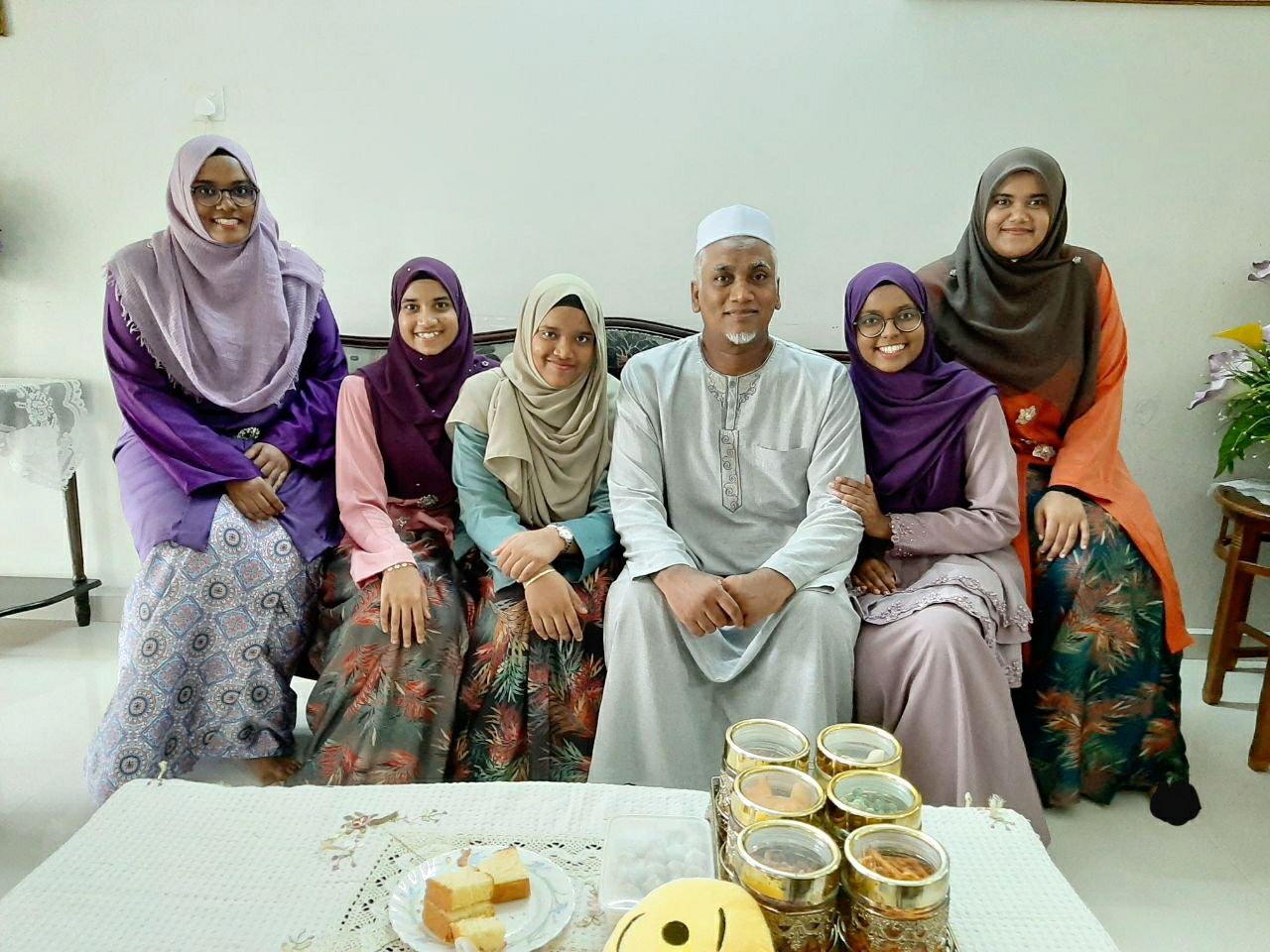
Mamak– Malaysian whose ancestors are Muslim migrated from India, especially the southern part, Tamil Nadu and Kerala. The word Mamak itself originates from the Tamil word known as maama, which means uncle.
We Malaysians are always taught to address the elderly as uncle or aunty despite coming from a different race or ethnicity. Thus, the practice of kids addressing the Mamak shopkeeper as maama has brought the word Mamak into existence.
At home, we converse in both Bahasa Melayu and Tamil. Do take into account that not all Mamak are Tamil speakers. Those who migrated from Kerala speak Malayalam while those who migrated from Tamil Nadu speak Tamil.
Nevertheless, the number of Tamil speaking Mamak outnumber those who speak Malayalam. We do watch Tamil, Malayalam, Telugu and Hindi movies. My favourite hero is definitely none other than Vijay, friendly known as Thalapathy by his die-hard fans like me.
Biryani and the Mamak people can never be separated!
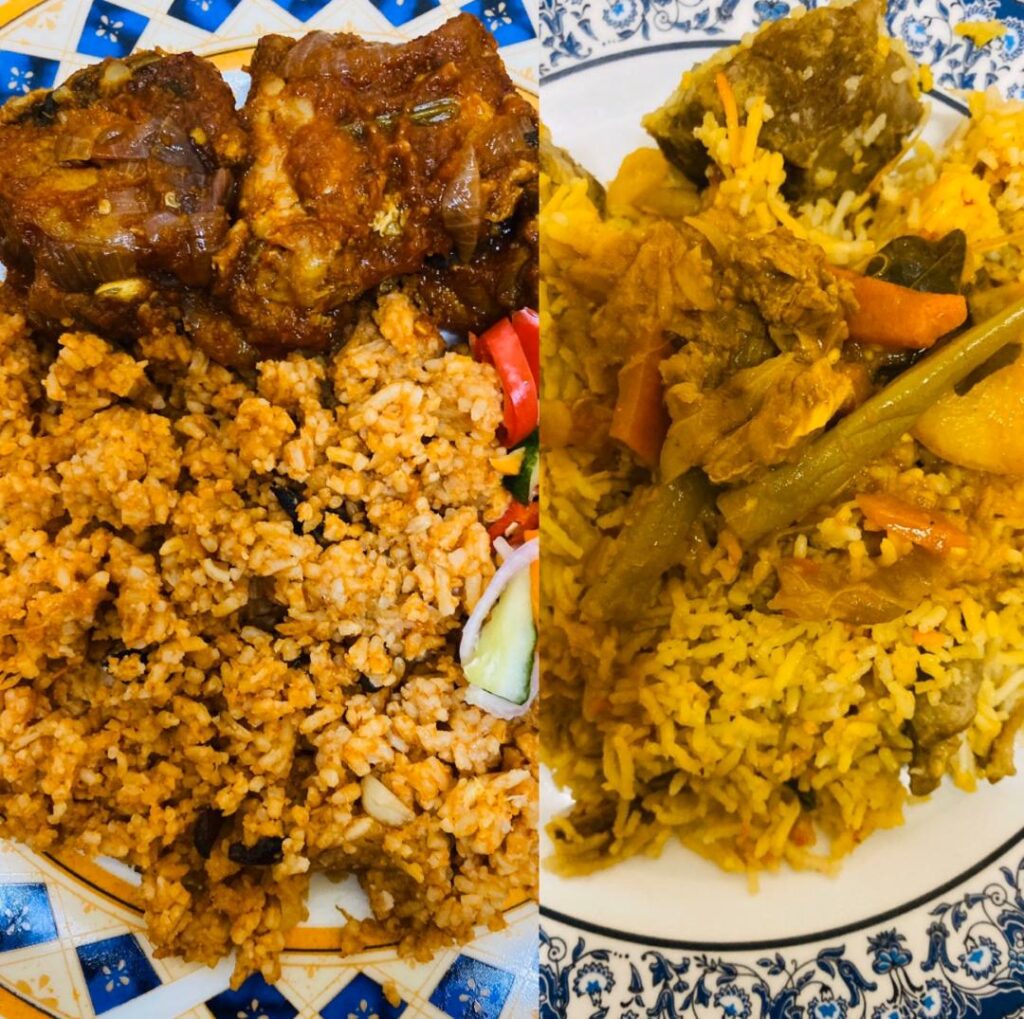
We also have a great love for curry. The combination of idiyappam (putu mayam) with curry, dhalca or kurma on top of having lemang and rendang is the highlight of the first day of Syawal.
Apart from biskut raya, we also have murukku as snacks to celebrate the Syawal.
In fact, we not only wear baju kurung and baju melayu but also saree or chudidar and kurta on special occasions such as wedding reception or mehndi night.
We own playlists consisting of AR Rahman’s and Anirudh’s hits along with Beyoncé’s and Ed Sheeran’s hits.
The Culture of mixed minorities matter too
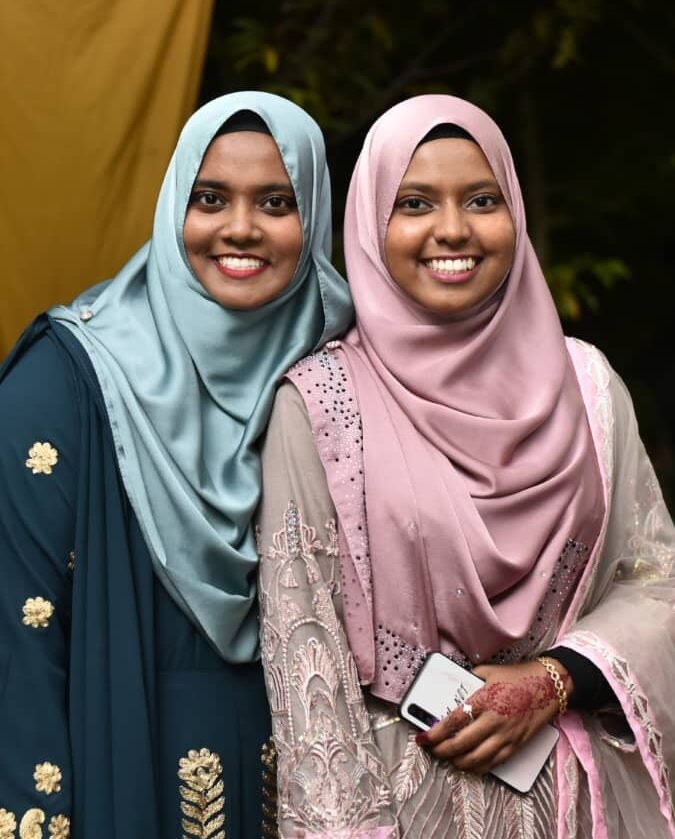
When I was young, I wished someone would have told me that looking different is not a sin.
Everybody is aware of the Korean Wave (Hallyu) and are willing to explore their culture in terms of the cuisine, language or traditional costume.
But I wonder why many are not willing to understand that Mamak are beyond Nasi Kandar, Teh Tarik and Roti Canai?
I wish Malaysians could put in the effort to understand and embrace the minority communities such as the Mamak.
The Mamak stall is the only place in this country where people of different social classes, political backgrounds and racial differences eat and laugh together. It is also the only space that brings all the football fans together and a space used to discuss political heated debate or even gossip.
Can you imagine a Malaysia without the Mamak stall when the first thing that comes to your mind around lunchtime is Nasi Kandar? (I can hear you saying no, hehe!).
Therefore, let us welcome and embrace the Mamak community along with the Mamak stall, which eases the gathering of all Malaysians.
Ask your Mamak friends about their culture and traditions
As a non-Mamak, it is vital for you to ask your Mamak friends about our culture and traditions. As Mamak, it is crucial for us to explain and discuss our customs and lifestyles.
It does not work one way. We cannot blame our fellow Malaysians when they have no idea about Mamak if no one is representing this community.
We need to see more representation because it is the first step of overcoming these cultural barriers. I really hope that we can appreciate our own culture and not be ashamed of where our origin is from.
It was not and will never be my intention to address that any race is superior or inferior over another. I just want to address the fact that we should respect, accept, and celebrate the differences that we have.
Because after all, we are Malaysians and we live in a multiracial and multicultural society of different ethnicities and backgrounds.
For more stories like this, read: Growing up as a Mixed Blood: Is it really a struggle? and What’s it like Growing up Mixed Race?

You might also like
More from Real People
‘A RM100 fee cost a company 5 years of revenue’ shares M’sian
This story is about a Malaysian who learned that bureaucracy can be defeated simply by not arguing with it.A billing …
‘I quiet-quit, upskilled, and tripled my salary,’ shares M’sian engineer
This story is about a Malaysian who learned that loyalty without leverage leads nowhere in the corporate world.After years of …
‘I did everything right, and it still wasn’t enough’ shares M’sian graduate
This story is about a Malaysian graduate navigating big dreams in a job market where a degree no longer guarantees …







